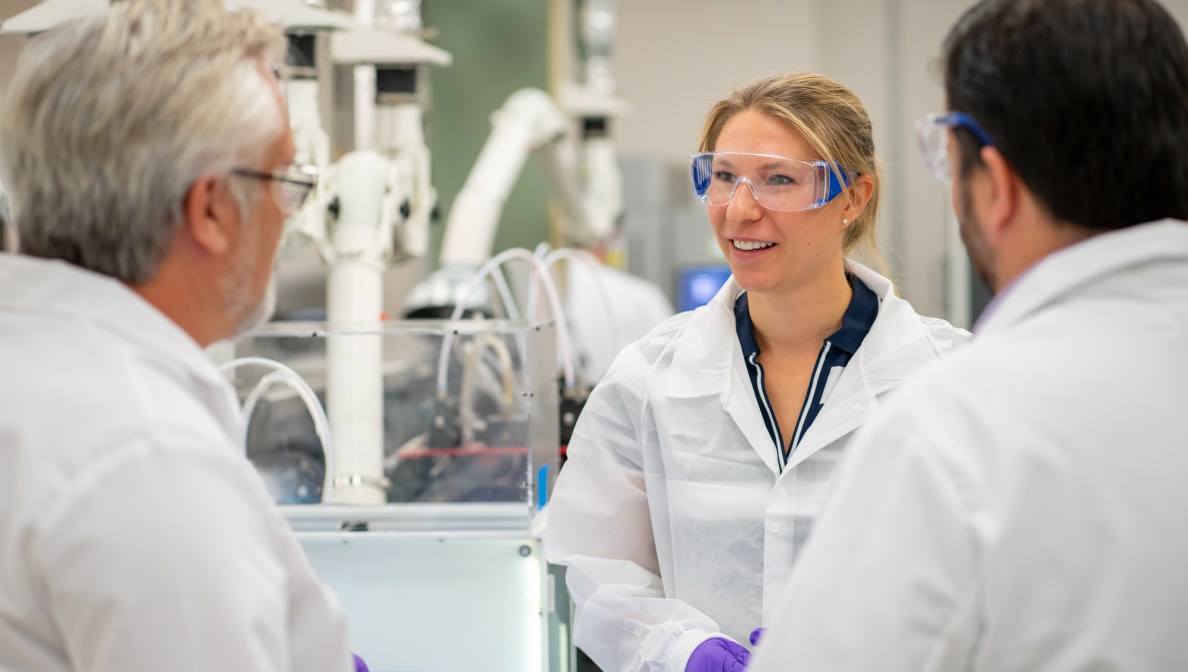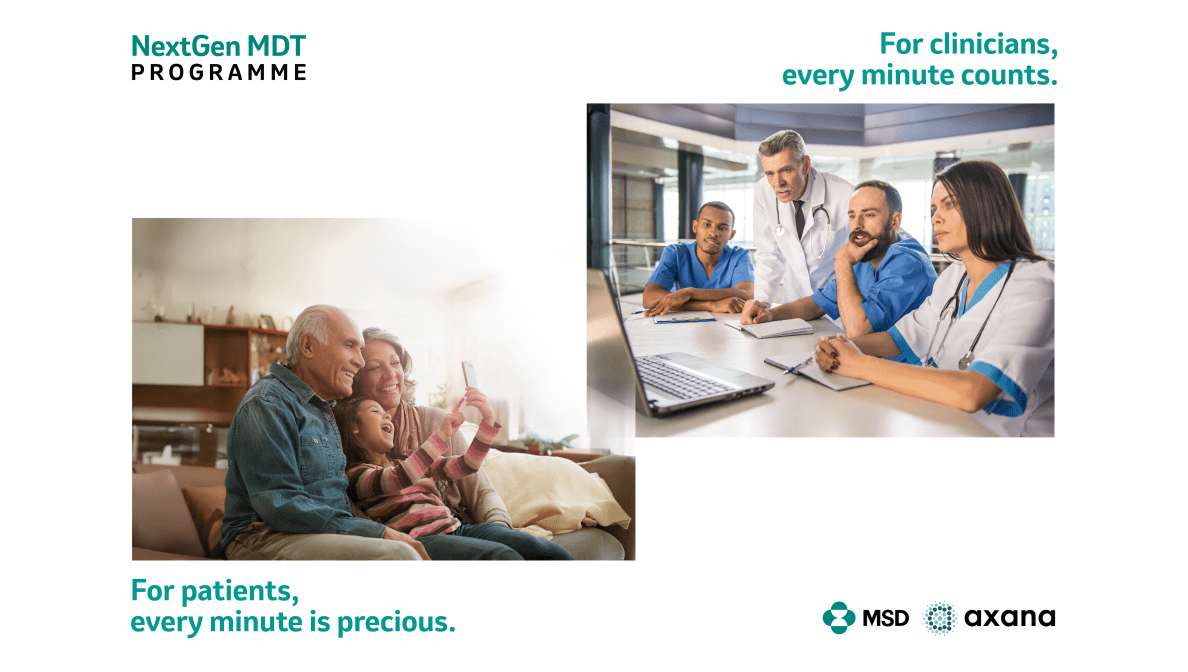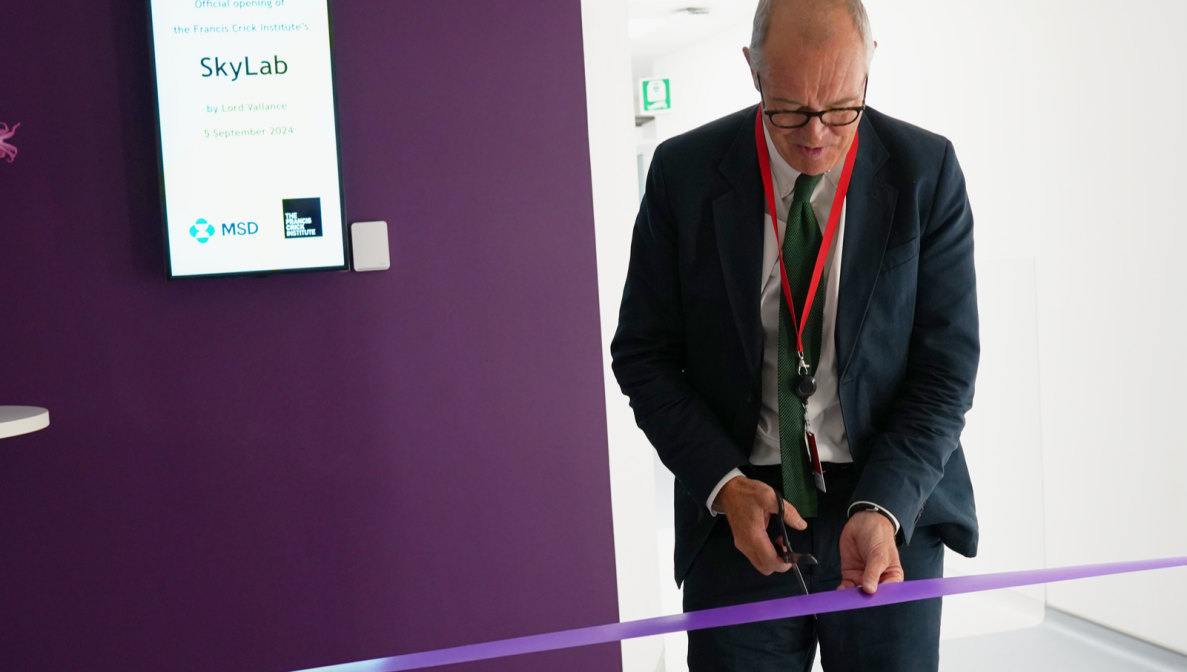The 5th edition of the Health Equity hackathon, hosted by MSD’s LEAD (League of Employees of African Descent) UK Employee Business Resource Group (EBRG) network in collaboration with Eli Lilly’s embRACE, brought together curious undergraduates from across the country, to propose innovative solutions to health equity challenges.
Over 70 students from a range of academic and cultural backgrounds brought inspiring enthusiasm and fresh ideas to health equity challenges. They collaborated in small teams, with the support of a facilitator, to propose solutions to address disparities in health equity. Teams worked across 4 themes, including access to healthcare in older adults, the impact of mental health on outcomes, driving diversity in clinical trials and improving health literacy.

Group photo of Hackathon participants and colleagues from MSD and Lilly
After ‘hacking’ their problem statement, students presented solutions to senior leaders from both companies who served as judges. Despite an incredibly high standard, the judges managed to select winners from each theme. These groups then went on to present in the final round in front of a full auditorium, with Ben Lucas (Managing Director, MSD UK and Ireland) and Christopher Stokes (President and General Manager of Lilly, UK and Northern Europe) sitting on the panel as final round judges.
The winning solution won praise for being innovative, inclusive and patient-focused. It addressed the challenge of improving health literacy in underserved and ethnic minority communities to better understand, access, and use health information to achieve better outcomes. The winning team proposed connecting junior/resident doctors to young people aged 11-16 years old. Through creating this ‘Junior to Junior’ connection, their initiative aimed to increase awareness of the health system and build trust in communities.

Excerpt from the winning solution

Selfie with the winning team!
“I was genuinely impressed by the depth of insight and creativity the students brought to their solutions. Their work demonstrated by their strong technical skills and a deep understanding of social impact allowed for innovative, inclusive and patient-focused outcomes to be designed. The diverse, empathetic approaches to health equity and their ability to tackle complex challenges with passionate and energetic actionable ideas were standout qualities. Judging the event was a privilege and a powerful reminder of the value of fresh perspectives in addressing systemic health issues.”
– Jasveen Chugh, Pharmaceuticals Business Unit Director, MSD UK
In addition to raising awareness of the importance of health equity, across the 2-day event, students were also able to gain a real insight into what a career in the pharmaceutical industry can offer them. Through hearing from, and networking with, a range of colleagues from senior leaders to current placement students (some of whom took part in previous hackathons), they gained an understanding of the diversity of roles available for them to apply for.

Post-event networking session

Hackathon co-hosts Fiona Noah (MSD) and Paige Boateng (Lilly)
MSD is proud of the hackathon’s role in empowering and developing future leaders and forming a pipeline of diverse talent; by attending the hackathon, the participants and winning group will be accelerated through both MSD and Lilly’s early talent programme assessment stages.
Fiona Noah and Mauranda Lewis, Co-Lead’s of LEAD UK offered their reflections on the day:
‘As the leaders of LEAD UK, we’re really proud of how this year’s Health Equity Hackathon went. What stood out most was the students’ passion, drive, and tireless effort. Their creativity, determination, and dedication to tackling tough health equity challenges was inspiring and showed the future leaders and innovators in the making.
The quality of ideas, collaborative spirit, and innovative solutions shared throughout the day was truly impressive. It’s amazing to be able to contribute to an initiative that not only sparks innovation but also champions representation and access in healthcare’
Professional photos taken by Esther Akin
GB-NON-11910 | September 2025





















